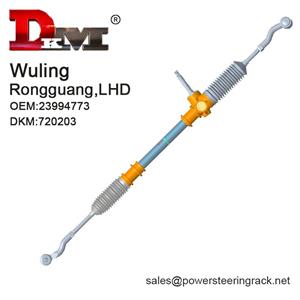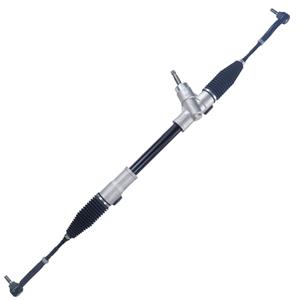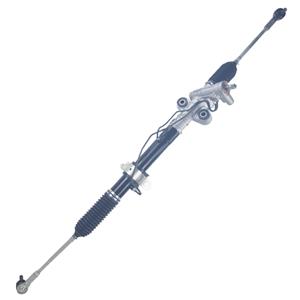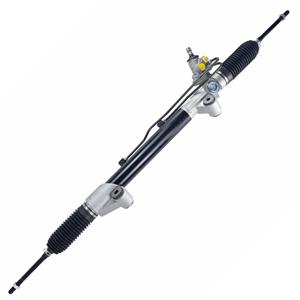What materials are used to make power steering racks?
In the power steering system of modern cars, the steering rack is a key component that carries the steering task of connecting the steering wheel to the wheels. The design and manufacturing quality of the steering rack directly affects the vehicle's handling performance, safety and durability. The rack itself is a precision-machined gear system, usually made of multiple materials, designed to withstand continuous loads and wear, so choosing the right material is crucial to the performance of the rack.
This article will take a deep look at the various materials used in the manufacture of power steering racks, analyzing their characteristics, advantages and challenges to help readers better understand the manufacturing process and the logic behind the material selection of this key component.
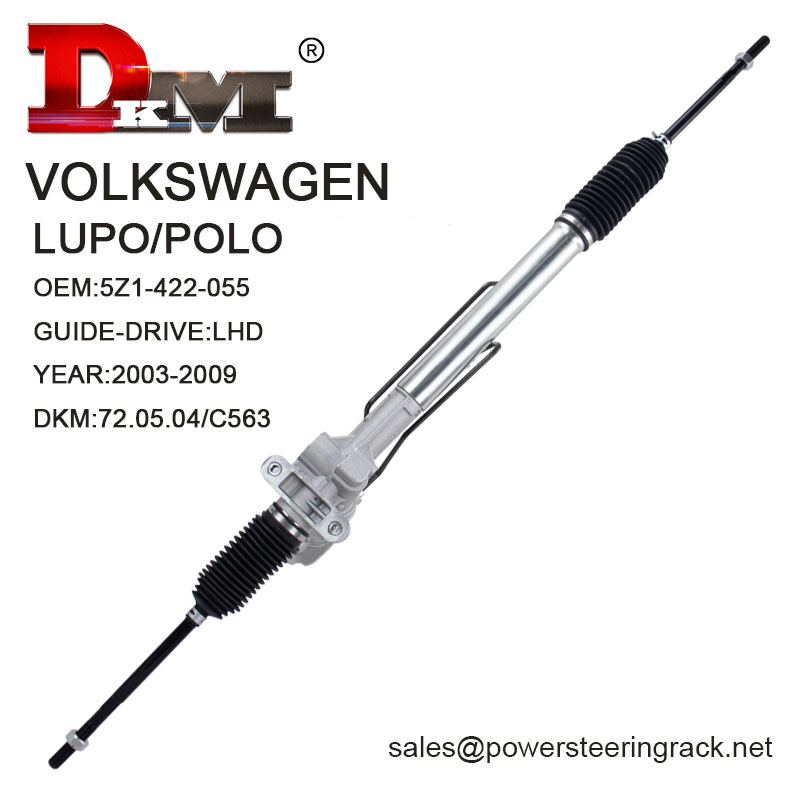
What does the power steering rack do?
Before discussing rack materials, it is first necessary to understand the basic functions and working principles of the steering rack. As an important component in the steering system, the power steering rack is usually composed of a metal bar with teeth that mesh with a pinion to transmit the steering force applied by the driver. With the power provided by the hydraulic or electric power system, the steering rack helps the driver to control the vehicle more easily.
The power steering rack needs to undertake the following key tasks:
•Transmitting force: By meshing with the pinion, the driver's steering action is converted into wheel rotation.
Load bearing: The steering rack must be able to withstand the vehicle's driving pressure, the impact force generated during steering, and the additional load caused by uneven road surfaces.
•Durability and reliability: Since the steering system works in a high-load, high-frequency environment for a long time, the rack must have high wear resistance and fatigue resistance.
Based on these requirements, it is crucial to choose the right material to manufacture the rack.
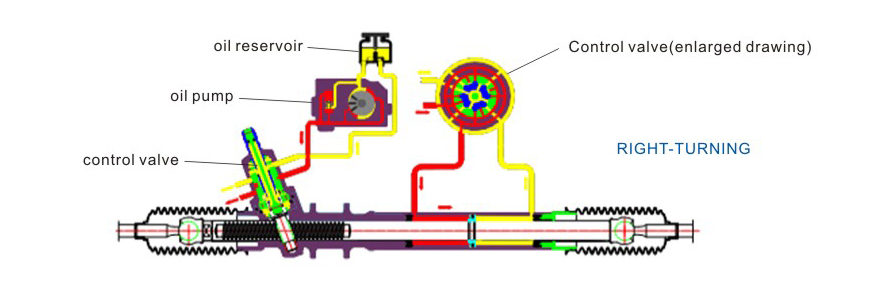
What are the main materials for manufacturing power steering racks?
1. Carbon Steel
Carbon steel is one of the most common materials for manufacturing power steering racks. Its advantage is that the cost is relatively low and it has good processing performance. Carbon steel has high hardness and wear resistance, which can meet the requirements of steering racks for load capacity and durability.
The application of carbon steel in steering racks is divided into different grades, the common ones are:
•Low carbon steel: suitable for some vehicle systems with small loads, with good weldability and plasticity.
•Medium carbon steel: commonly used in steering systems with high requirements for strength and toughness, with better strength and wear resistance.
•High carbon steel: used in high-load steering systems, providing higher hardness and wear resistance, but correspondingly sacrificing a certain toughness.
Carbon steel materials are usually heat treated (such as quenching and tempering) to improve their hardness and strength to ensure the wear resistance and service life of the rack.
Advantages of carbon steel:
• Low cost, suitable for large-scale production.
• Good hardness and strength, adaptable to various load conditions.
• Good processability, easy to optimize performance through machining, heat treatment and other processes.
Disadvantages of carbon steel:
• Certain fatigue damage may occur under high load.
• Carbon steel has poor corrosion resistance and requires additional protective treatment.
2. Alloy Steel
Alloy steel refers to the addition of other metal elements (such as chromium, nickel, molybdenum, etc.) to carbon steel to improve the comprehensive performance of steel. Alloy steel is often used in steering racks that require higher performance, especially when high strength and high wear resistance are required.
Common alloy steel materials include:
• Chromium Alloy Steel: By adding chromium, the hardness and wear resistance of the steel are enhanced, which is suitable for steering systems with heavy loads.
• Nickel-Chromium Alloy Steel: Alloy steel with nickel and chromium added improves the fatigue resistance and impact resistance of the steel, which can meet the needs of high strength and long-term use.
• Molybdenum Alloy Steel: Molybdenum can improve the high temperature strength and corrosion resistance of alloy steel, which is suitable for steering systems with more extreme working conditions.
Advantages of alloy steel:
• Provides higher strength, toughness and wear resistance, suitable for high load conditions.
• Better fatigue resistance, extending the service life of the rack.
• Good high temperature performance and corrosion resistance, suitable for use in harsh environments.
Disadvantages of alloy steel:
• High cost and difficult to manufacture.
• High processing technology requirements, requiring more sophisticated processes.
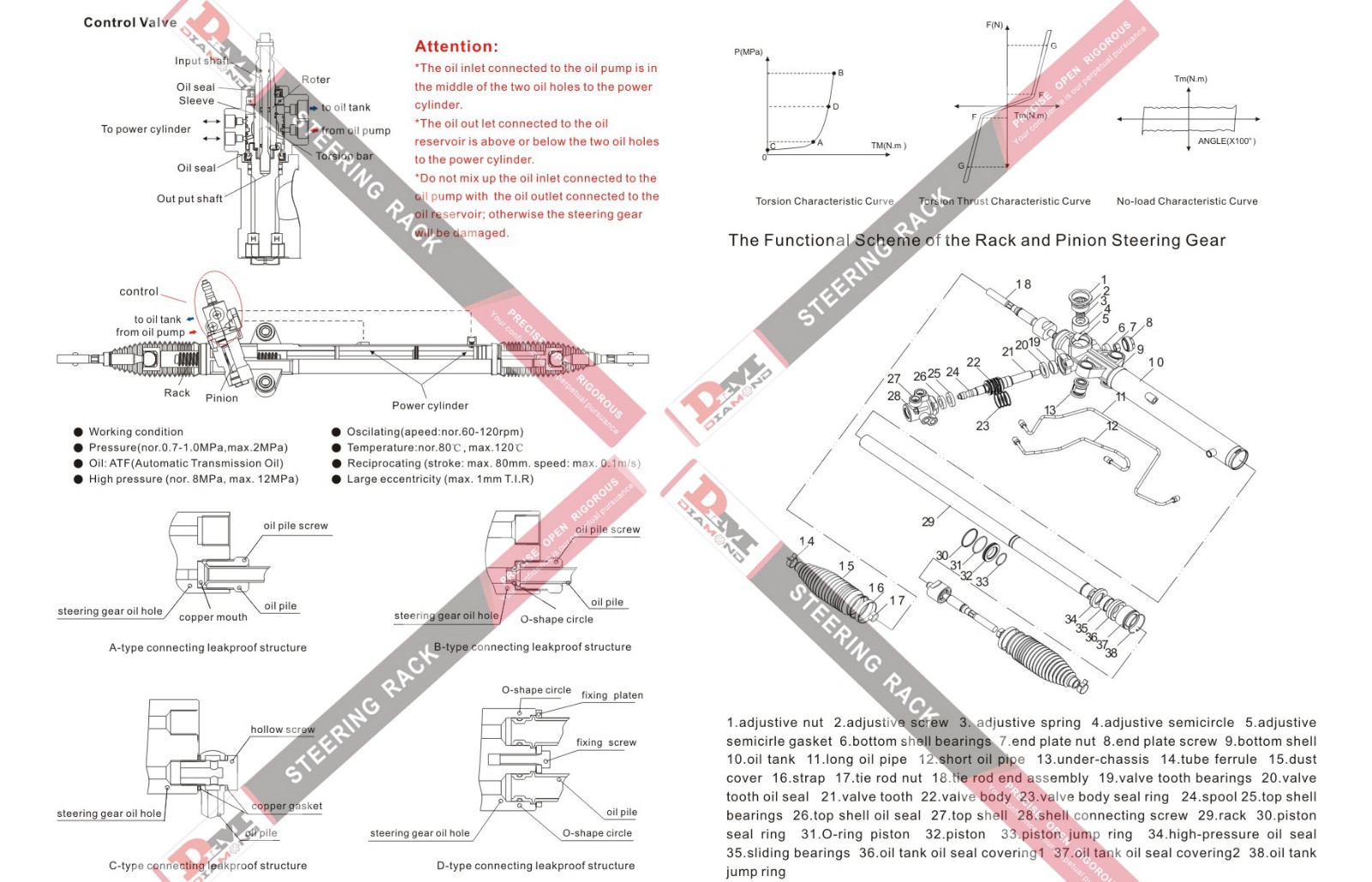
3. Cast Iron
Cast iron is widely used in early steering rack manufacturing due to its excellent casting performance and high wear resistance. Cast iron has high hardness and strength, but its toughness is poor and it is easy to break, so it is usually used in systems with low loads.
Common types of cast iron include:
• Gray cast iron: It has good castability and low cost, and is often used in the manufacture of power steering racks for small vehicles.
• Ductile iron: It has higher strength and toughness than gray cast iron and is suitable for power steering systems with large loads.
Advantages of cast iron:
• Low cost, suitable for large-scale production.
• Good wear resistance, suitable for light load conditions.
• Easy to cast, complex shape racks can also be achieved by casting.
Disadvantages of cast iron:
• Poor toughness and easy to break.
• Not suitable for high-load, high-frequency power steering systems.
4. Stainless Steel
Stainless steel, as an alloy steel with strong corrosion resistance, is mainly used in the manufacture of power steering racks in some high-demand environments. Especially in marine environments, areas with heavy humidity, or vehicles that need to be exposed to harsh conditions for a long time, stainless steel materials can effectively prevent corrosion and extend the service life of the rack.
Advantages of stainless steel:
• Excellent corrosion resistance, suitable for humid and corrosive environments.
• High strength, suitable for long-term use.
Disadvantages of stainless steel:
• Higher cost compared to other steels.
• Difficult to process, requiring higher technical requirements.
5. Aluminum Alloys
In recent years, with the improvement of lightweight and fuel efficiency, aluminum alloys have begun to be used in the steering racks of some light vehicles. Aluminum alloys not only have a lower density, but also have good corrosion resistance and certain strength.
Advantages of aluminum alloys:
• Lightweight material, reducing the overall weight of the vehicle.
• Good corrosion resistance.
• Can improve fuel efficiency.
Disadvantages of aluminum alloys:
• Not as strong as steel, suitable for steering systems with lighter loads.
• Higher price, increased manufacturing costs.
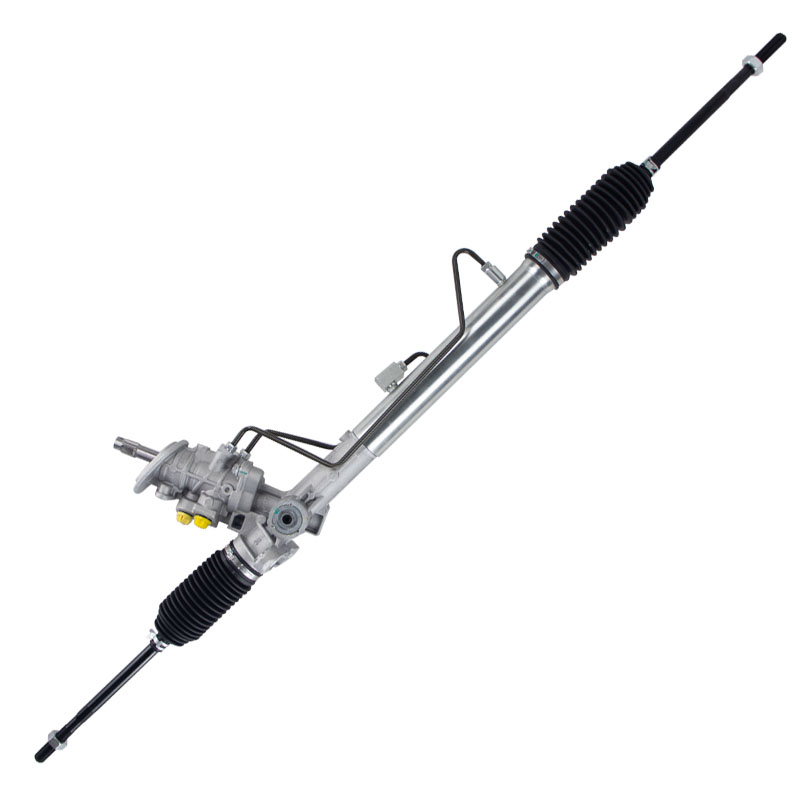
What factors need to be considered when selecting materials?
When choosing materials for manufacturing power steering racks, multiple factors must be considered to ensure that the final product can meet the requirements of safety, durability and economy. Here are a few important considerations:
• Load requirements: The load that the steering rack needs to withstand is the key to selecting materials. For high-load systems, alloy steel or cast iron materials with higher strength and wear resistance need to be selected.
• Durability: In long-term use, the rack faces frequent friction and impact. Therefore, the wear resistance and fatigue resistance of the material are crucial.
• Corrosion resistance: In harsh environments such as moisture and salt spray, the material of the rack needs to have good corrosion resistance, especially when the car is used in humid areas.
• Cost-effectiveness: Although the choice of material determines the performance of the rack, the production cost also needs to be considered. Therefore, when selecting materials, a balance must be struck between performance and cost.
What products does DKM Company supply?
DKM Company, a well-known China-based power steering rack manufacturer, supplies a wide range of gear- and tooth-style steering boxes for numerous vehicle brands. Our production includes Toyota, Honda, Mitsubishi, Hyundai, Buick, VW, Isuzu steering systems, as well as steering wheels for Chery, JAC, Brilliance, Guangzhou Honda and Guangzhou Toyota.
Looking to buy steering racks at low-priced promotions and wholesale rates? We are your equipment supplier for quality, customized steering units.
